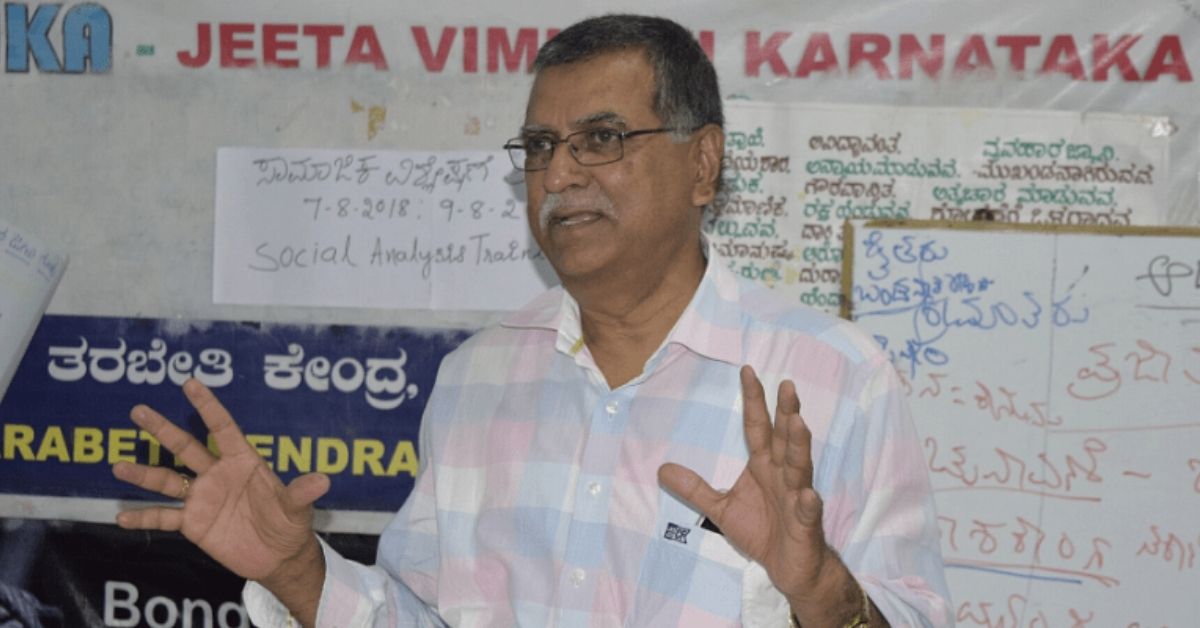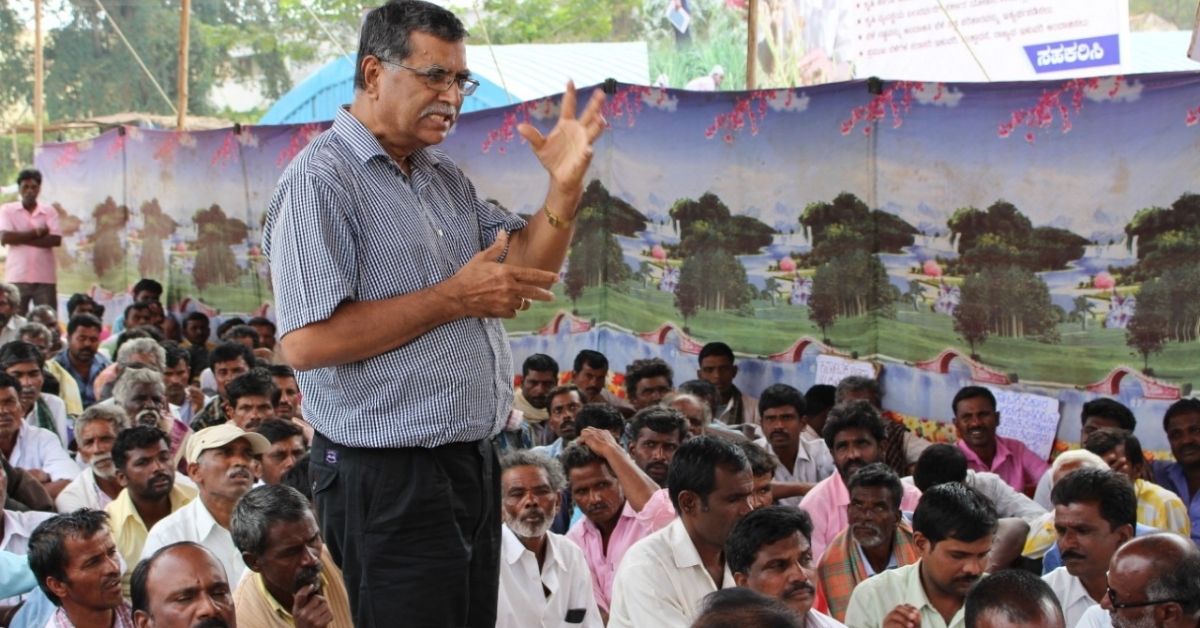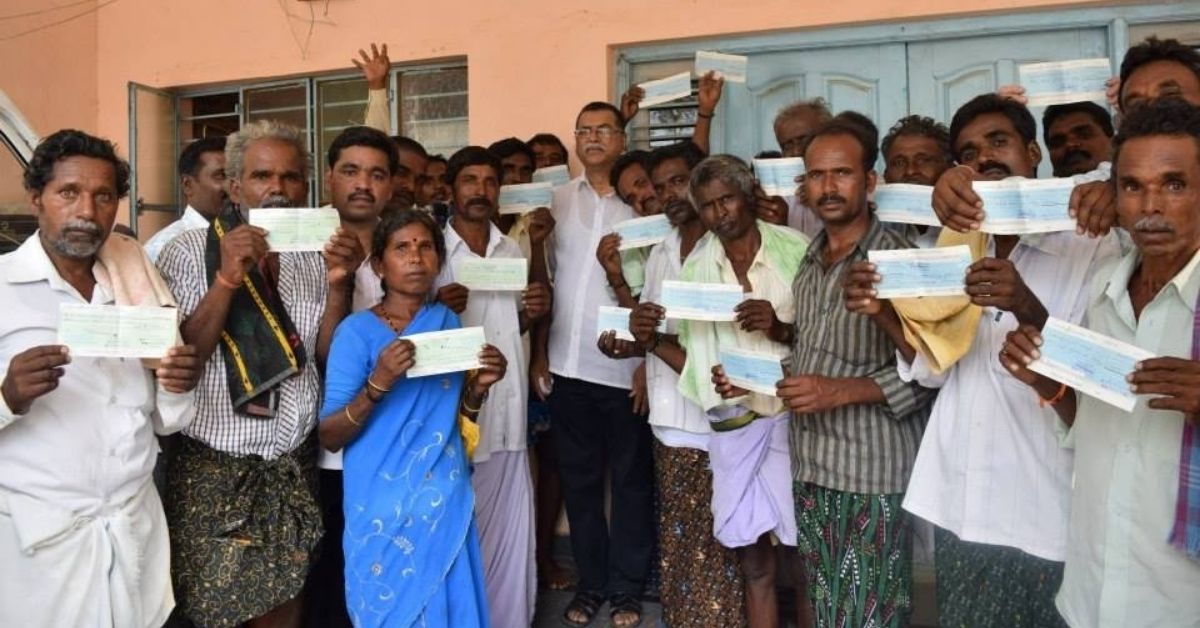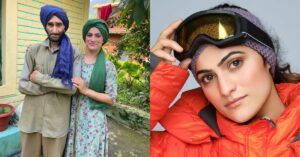Unsung Hero Dedicates 30 Years To Free & Rehabilitate 7000 Bonded Labourers
Meet unsung hero Dr Kiran Prasad from Karnataka who works to rescue and rehabilitate bonded labourers, fighting years of casteism by providing legal aid to those in need

When Dr Kiran Prasad was being heckled by the influential people of Karnataka’s Handenahalli village, he was smiling instead of being scared. What had invited their ire was his work towards eradicating bonded labour in the village, which housed a thousand people, of which 300 were dalits.
For Dr Prasad, the realisation that powerful people were now scared that the less privileged would get their fundamental rights, was a giant step towards victory.
This was in 1986, when a 20-something Prasad, newly graduated from college, had started his initiative against bonded labour.
Some three and half decades later, Dr Prasad has given a life of dignity to more than 7,000 people through rescue and rehabilitation. Additionally, around 30,000 have been identified by the government as bonded labourers, and are in the process of rehabilitation.
“The threats of 1986 was a sign that the society was ready to change, and more importantly, that the exploited were ready to drive this change,” Dr Prasad tells The Better India.
The PhD holder in anthropology took the legal route to rehabilitate bonded labourers, educated them about their rights, and even fought against the mighty to deliver justice.
Coming from a well-to-do family, relating to the plight of the poor, especially ones oppressed due to casteism, did not come organically, he says. He unlearned many societal norms, became informed, and then took steps to eradicate this evil practice.
“I come from a family of farmers, and we had labourers working for us in our farms in Udupi district. I was aware of each one’s personal and financial problems. I knew education could be a way to end poverty. So I studied anthropology to understand the issues better and even got teaching offers from prominent universities. But by then, my views had changed. Education can happen only when every strata is aware of its importance, and more importantly, they need to be decision makers instead of passive followers,” Dr Prasad says.
One of his first projects was to tell the dalits about the election process in 1986, and how making an informed choice could affect their future. In another project, he helped the children enroll in schools.
“While I was working towards improving the living conditions of the poor, I learnt how deeply the issue of bonded labour has penetrated the rural areas. The practice was officially abolished in the 1970s and yet, it was alive as ever. I had learnt about bonded labour while studying, but witnessing it first-hand was chilling and horrifying,” he says.

He saw families being enslaved for generations due to debts, and even came across instances where people were subject to this purely due to their caste.
“One man named Gopal was forced into bonded labour from a very young age and was made to work for 12 hours. He was subjected to physical abuse from his employer and was forced to eat leaves when hungry. This was the story of every other labourer, including women and children. Some were chained, some were not allowed to step outside the farms, and some were not allowed to take alternate jobs,” Dr Prasad recalls.
Another side to the story was that the exploited were not ready to exercise their rights. Caste politics were so deeply ingrained that they feared ostracisation by the villagers. A few said that oppression was part of their tradition.
In a survey conducted by Dr Prasad and other activists working in Karnataka, close to 700 bonded labourers were identified. They formed Jeevika NGO to help these workers in 1990. Five years later, the number grew to 20,000 across 48 talukas.
Finding Freedom
Merely educating the masses was not enough to bring a change, so Dr Prasad spent weeks to understand every clause mentioned in the Bonded Labour System (Abolition) Act of 1976.
As per one feature of the act, the judicial powers lay with the district or sub-district magistrate (DM or SDM), which meant that the complainant did not have to go to courts anymore to get justice.
“Usually, court cases last for long and justice is delayed. It can take years to reach a judgment and in case of insufficient evidence, the whole purpose is defeated. Plus, the person has to pay legal fees of filing and to the lawyer. Missing even a day of work to attend court proceedings can affect livelihoods. However, according to the decentralised provision, the DM has to investigate within 24 hours,” says Prasad.
All a person has to do is file a complaint stating the details of loans, employer, working conditions and appeal for a Rescue Certificate (RC) for rehabilitation measures. The best part, says Prasad, is that the proceedings don’t require much evidence, as the DM’s office will investigate and find proof.

He helped the labourers file the applications and took workshops with district level officers to implement the act in an effective manner.
“Many officials were unaware of what all entailed in the act. Keeping someone against their will irrespective of the time and working conditions amounts to slavery. For instance, bitti chakri, or unpaid labour, requires a Dalit to provide free service of cleaning a cow shed as part of a custom. They may have no debt, but they still do it,” adds Dr Prasad.
Once the complainant is categorised under the act by the DM, the rehabilitation process begins. Under this process, the state is obliged to give Rs 20,000 and an RC which states that the person does not owe any loan to anyone.
There is also a summary trial that the district and complainant can choose after rehabilitation. This trial focuses on penalising the employer. However, due to societal pressures and time-consuming processes, this feature often remains unused.
“For someone who has worked without pay for years, Rs 20,000 is a huge amount. Most of our complainants are farm labourers so they buy cattle or start a small shop from the rehabilitation money,” says Dr Prasad.
Gopal, who received the RC in 2001, now runs his own shop, “I spent most of my youth in oppression but Jeevika’s intervention saved me and my family from the clutches of bonded labour,” he says.
One of the major changes that Dr Prasad has seen over the years is closure of their operations in several talukas.
“When we started, we were operating in 170 talukas and today our staff is active in 20 of them. It is surely a positive change but 20 is a huge number in 2021,” he says.
Dr Prasad is hoping to soon execute his new initiative for the exploited in urban areas as well. Under the pretext of giving salaries in advance, employers in construction lines, massage parlours and malls often force the employees to work for longer hours. Such poor working conditions and manipulation also come under the act, he notes.
Edited by Divya Sethu
If you found our stories insightful, informative, or even just enjoyable, we invite you to consider making a voluntary payment to support the work we do at The Better India. Your contribution helps us continue producing quality content that educates, inspires, and drives positive change.
Choose one of the payment options below for your contribution-
By paying for the stories you value, you directly contribute to sustaining our efforts focused on making a difference in the world. Together, let's ensure that impactful stories continue to be told and shared, enriching lives and communities alike.
Thank you for your support. Here are some frequently asked questions you might find helpful to know why you are contributing?


This story made me
-
97
-
121
-
89
-
167














